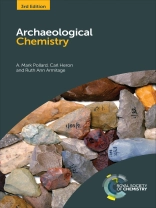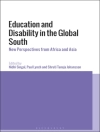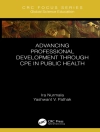The use of chemistry in archaeology can help archaeologists answer questions about the nature and origin of the many organic and inorganic finds recovered through excavation, providing valuable information about the social history of humankind. This textbook tackles the fundamental issues in chemical studies of archaeological materials. Examining the most widely used analytical techniques in archaeology, the third edition of this comprehensive textbook features a new chapter on proteomics, capturing significant developments in protein recognition for dating and characterisation. The textbook has been updated to encompass the latest developments in the field. The textbook explores several archaeological investigations in which chemistry has been employed in tracing the origins of or in studying artefacts, and includes chapters on obsidian, ceramics, glass, metals and resins. It is an essential companion to students in archaeological science and chemistry, as well as to archaeologists, and those involved in conserving human artefacts.
Cuprins
The Development of Archaeological Chemistry; Analytical Techniques Applied to Archaeological; Obsidian Characterization in the Eastern Mediterranean; The Geochemistry of Clays and the Provenance of Ceramics; The Chemistry, Corrosion and Provenance of Archaeological Glass; The Chemical Study of Metals – the Medieval and Later Brass Industry in Europe; The Chemistry and Use of Resinous Substances; Amino Acid Stereochemistry and the First Americans; Lead Isotope Geochemistry and the Trade in Metals; Proteins: Haemoglobin, Immunochemistry, and Proteomics; The Chemistry of Human Bone: Diet, Nutrition, Status and Mobility; The Detection of Small Biomolecules: Dairy Products in the Archaeological Record; Summary – Whiter Archaeological Chemistry?
Despre autor
Carl Heron is currently the Director of Scientific Research at The British Museum and a former Professor of Archaeological Sciences at the University of Bradford, UK. His research focusses on the identification of amorphous organic matter preserved in association with archaeological materials.












